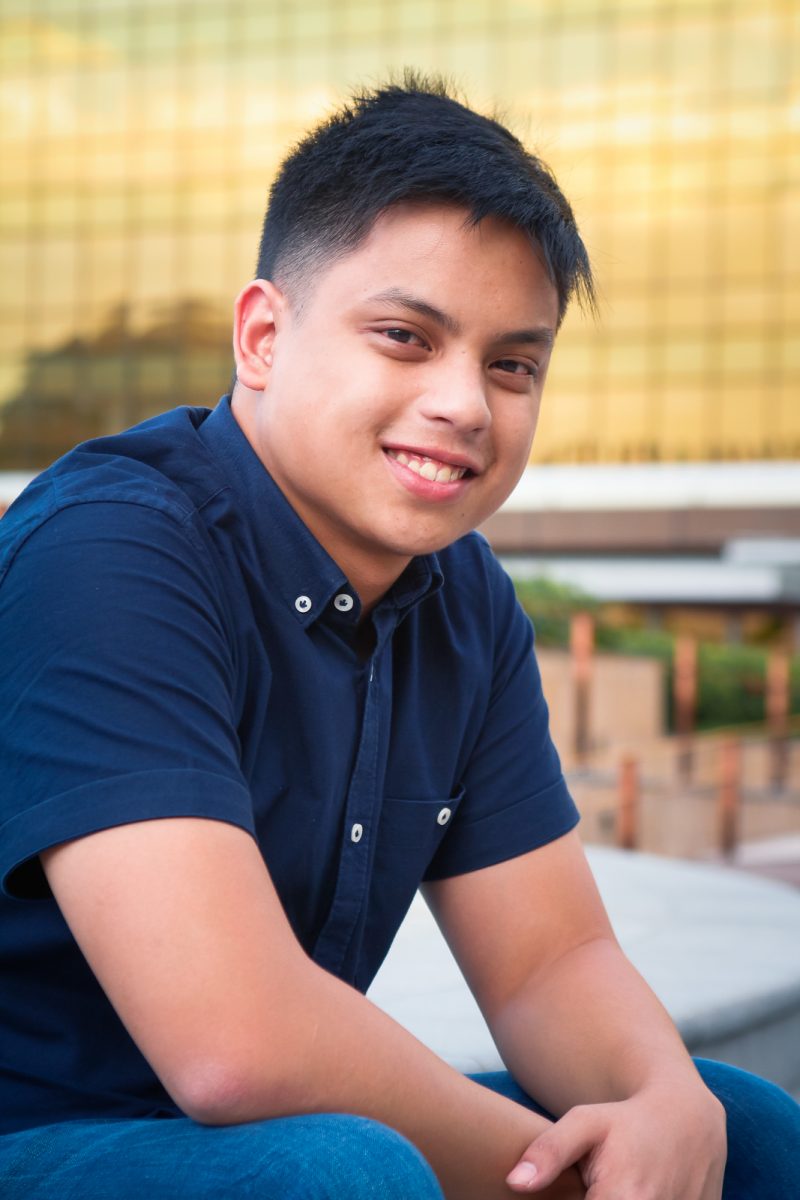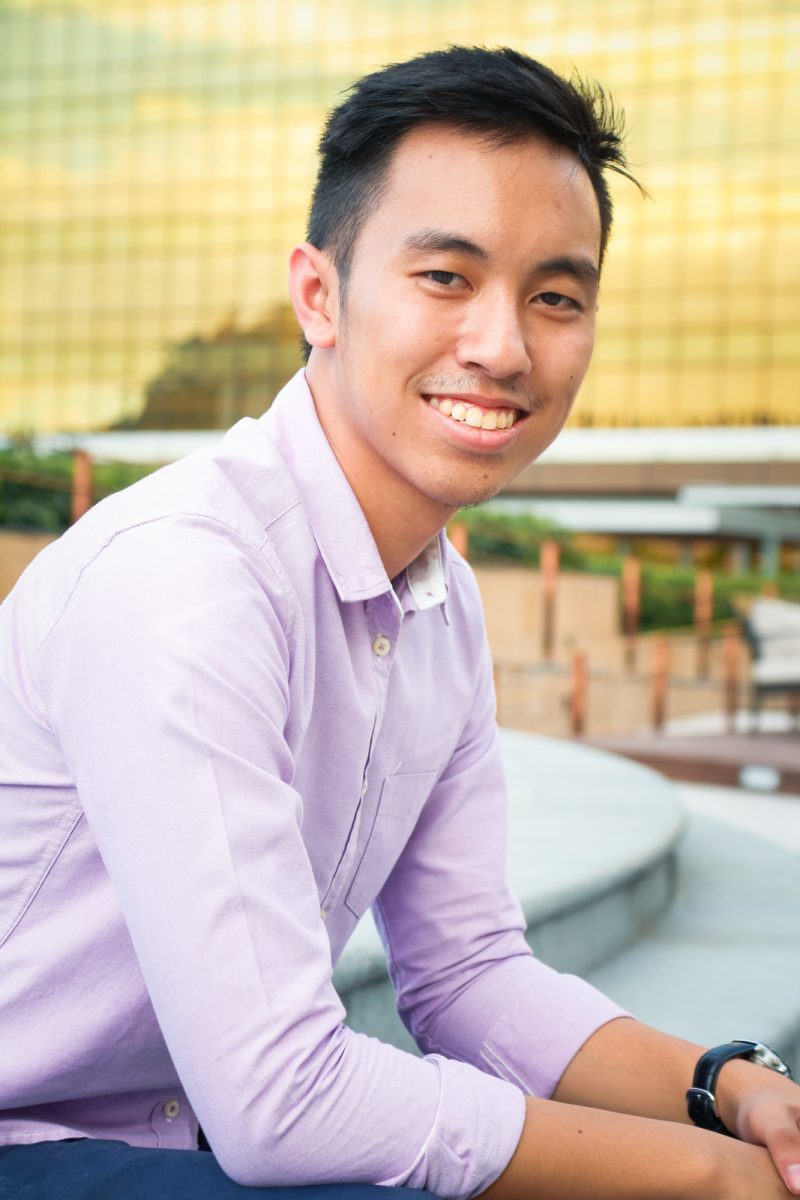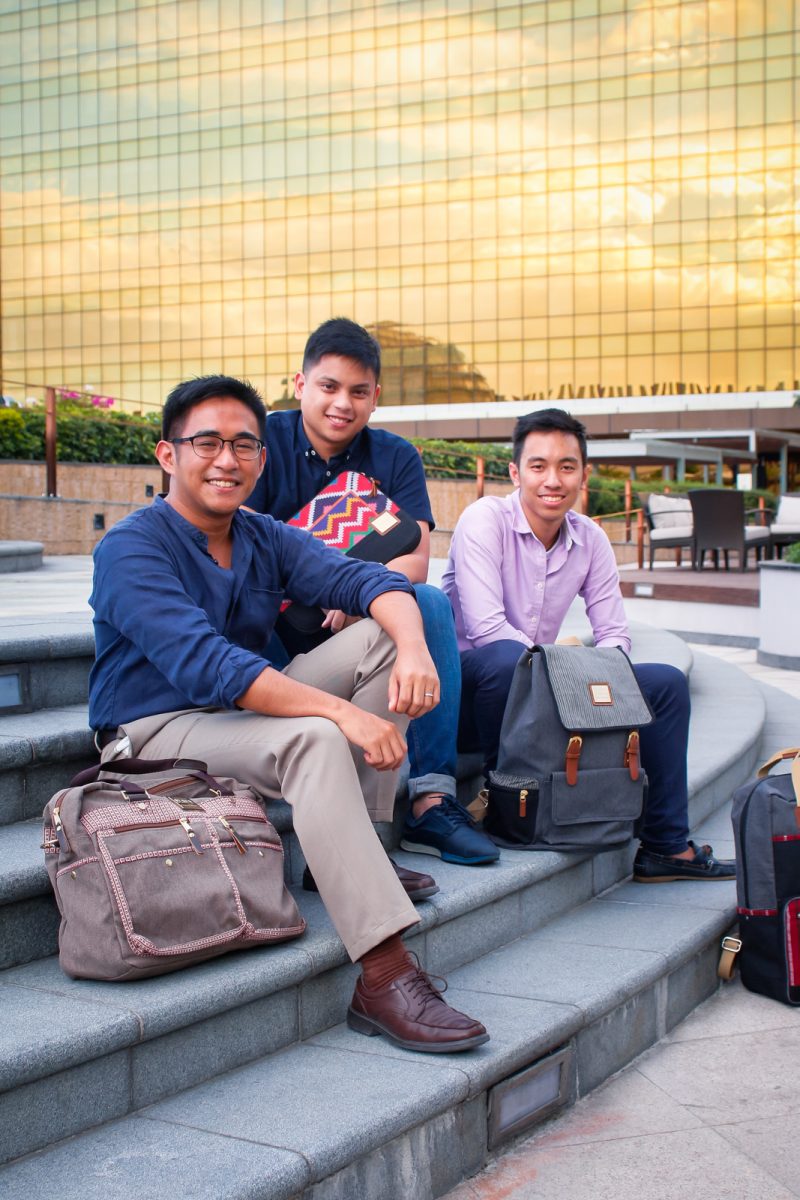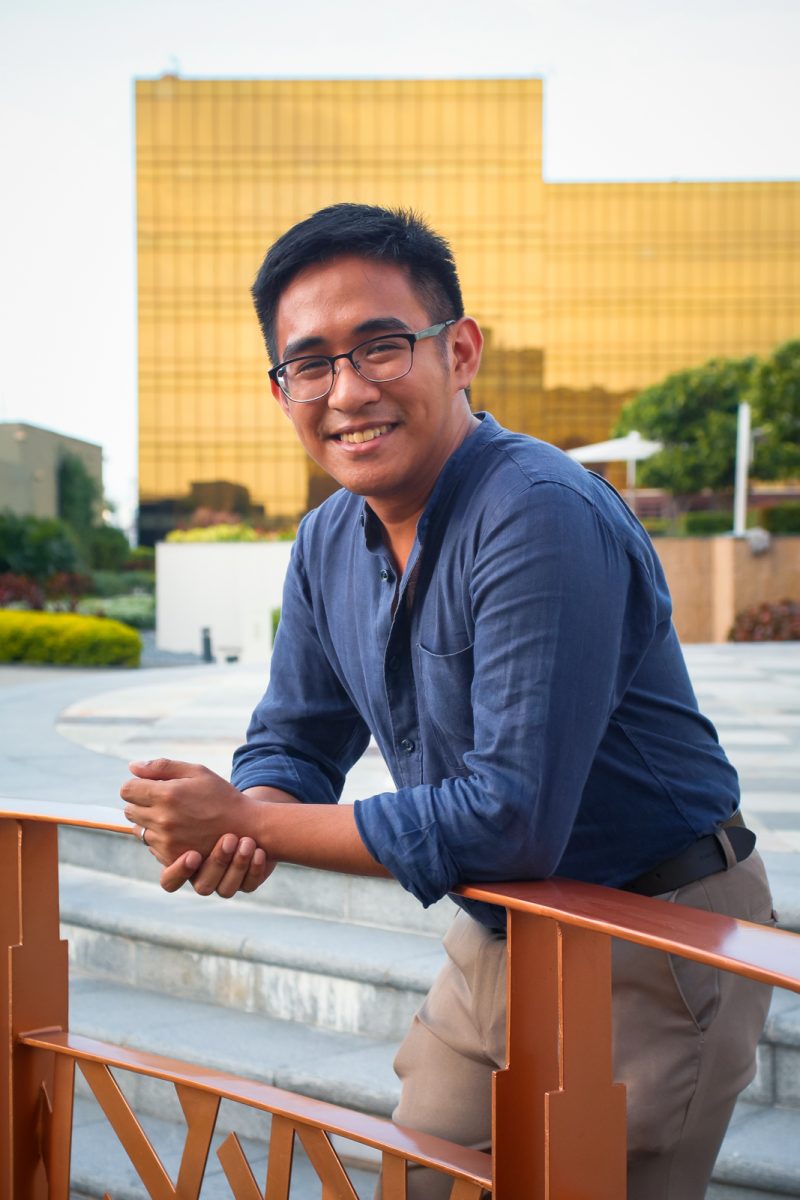Backpacking with #TeamAkaba
Akaba is changing the way we see indigenous textiles with their take on travel bags and accessories.
Akaba Ltd. Design Co. is a Filipino start-up social enterprise that’s making big strides. With modern travel bags and accessories made with different textiles from all over the country, Akaba is changing the way we see this traditional art and transforming the lives of weavers one pattern at a time.
Going Places caught up with EJ Isada-Mariano, Daniel Lumain and Alex Fong to talk about their journey from coffee shop meetings to making it in the global scene.
How did the company start out?
Daniel: It started out as a college project. We were required to do a business project for our course and I chose to work on bags. Eventually, an opportunity came called Be the Next GKonomist, a social enterprise competition. EJ and I were discussing that we wanted to continue the project after college and we thought it would be best to transform it into a social enterprise because I wanted to do something that’s also for a greater cause. We incorporated hand-woven textiles and that’s how we pitched it for the competition. Fortunately, we won that and another competition called I am a Changemaker Enterprise Programme by the British Council. The biggest catalyst for our growth was when we joined a competition in Indonesia called The ASEAN Young Sociopreneurs Program and that’s where we met our investors.
Why textiles in particular?
D: When we were pitching for the competition, one thing we wanted to make sure of is we have a community to source the textiles from. EJ is from Ilocos and he saw a need to improve the application of the textiles. Normally, inabel is used for placemats, table runners, coasters and other home accessories, which are not as marketable towards the younger generation. In order to prolong the industry, we incorporated it into something more modern. We saw it fit to utilize it for bags because we travel a lot and we saw that this can be perfect for travel bags. At the same time, it adds to the story when you travel. It tells the story of how people in that area live every single day.

What are your goals in terms of being a social enterprise?
EJ: What we’re trying to address is relevance. We have a rich weaving culture all over the Philippines but the products that are produced are not relevant to the largest market segment or the age range of 16 to 27. On top of that, there’s also the injustice. All of us are Gawad Kalinga volunteers and we’ve been exposed to that model for a long time. When we started meeting weavers, we noticed that the weavers sell their products really cheap while in the marketplaces they are being sold for much higher. When we did the research, we found out that the weavers are not the market stall owners so they sell it to the owners at a really low price and then the market stall owners will mark it up to 400-500%. There was a disconnect between the weavers effort and the income that they were earning. That’s something our company wants to address.
Alex: It’s less about the money and more about the injustice. If you’re willing to buy it at market price, you might as well get it directly from the weaver. In doing so, you’re able to help in preserving cultural heritage.
D: The best way to describe it is what one Yakan weaver said. She told us it’s her dream for Basilan to be known for a good product since it’s perceived to be war-torn and problematic. If they can show the world that a beautiful textile came from their province, there’s a chance that the perception might change.

What are the different communities you support?
D: We have 9 communities. In Ilocos Norte, we have Nagbacalan Weavers Cooperative and GK Namnama. We work with the Mangyan Heritage Center in Oriental Mindoro through an NGO. We also work with Yakan Weaving Center and GK Sulu for the pis syabit, Zamboanga and more recently, Abra.
What are the things you discovered while working with these communities?
E: One thing that we learned since working with communities in Basilan and Sulu is that most of the people that join terror groups are just looking for economic opportunities. We want to serve as the bridge that so people won’t feel the need to go that far.
How do you come up with the designs?
D: We collaborate with the artisans. The patterns are intrinsic to their province.
A: We don’t tell them to make their designs a certain way. We work around their designs.
E: We also respect their cultural traditions. For example, there are some textiles you can’t use for shoes because it’s deemed disrespectful while there are some you can’t use for skirts or tops.
D: In terms of functionality, we get feedback from our customers. Our backpacks now have an air-mesh system, which is one of the things that our customers initially wanted and we have now incorporated into our newest collection.
E: I’m very conscious about how a certain product makes me feel and I’m particular with tiny details. That’s why there are labels sewn inside the bag and come with a warranty policy. These tiny details will set us apart from every other Filipino brand.
Tell us about your newest collection.
E: We focused on Mindanao weaves this time around. We tried introducing it last time in small batches. The reception was really good and we saw an opportunity to showcase them.
D: The reason why our customers love our products is because of its wide space that allows you to fit a lot of things into it but at the same time it doesn’t feel that heavy, especially with the big backpack we’re going to launch.
E: We’re taking that to our trip to Myanmar to test it out.

Will you be adding new types of textiles?
D: We’re adding two more communities. We’re working now with a community in South Cotabato to incorporate t’nalak. That’s usually used for women’s products but we have a different vision for it. We’re also working on incorporating Iloilo’s hablon into our products.
What’s start-up journey been like?
D: Before, we just work in different Starbucks branches around Manila.
E: We just hired a new staff member so now we get to sleep 8 hours a night.
D: These are the parts of our journey that are very memorable. When you’re a start-up, you appreciate small victories.
Plans for 2017?
D: We want to become more mainstream and enter the commercial market so one of the things we’re working on is to highlight our products in a trade show in New York. We’re also partnering with an online platform for consumers in Europe and the United States.
E: By next year, we’re really hoping to grow in terms of company size.
What’s your long-term vision for Akaba?
E: Moving forward, it’s not just about being a Filipino brand. With our wide network of partners in Southeast Asia and with its rich weaving tradition, we’re hoping to make Akaba products with hand-woven textiles from Indonesia, Vietnam and Thailand. Our vision for Akaba is to be a platform for artisans. If you’re loom weaving or hand weaving in Southeast Asia, we want to work with you.

Akaba Ltd. Design Co.’s showroom and outlet store is located at BoardRoom, Level 2, Robins Design Centre, Meralco Ave., Ortigas Centre, Pasig. Shop online at https://akaba.co/home or visit their retail partners namely Roots Katipunan, Felipe & Sons Barberdashery and Mabuhay Restop.
This story appeared in Going Places January 2017 issue.